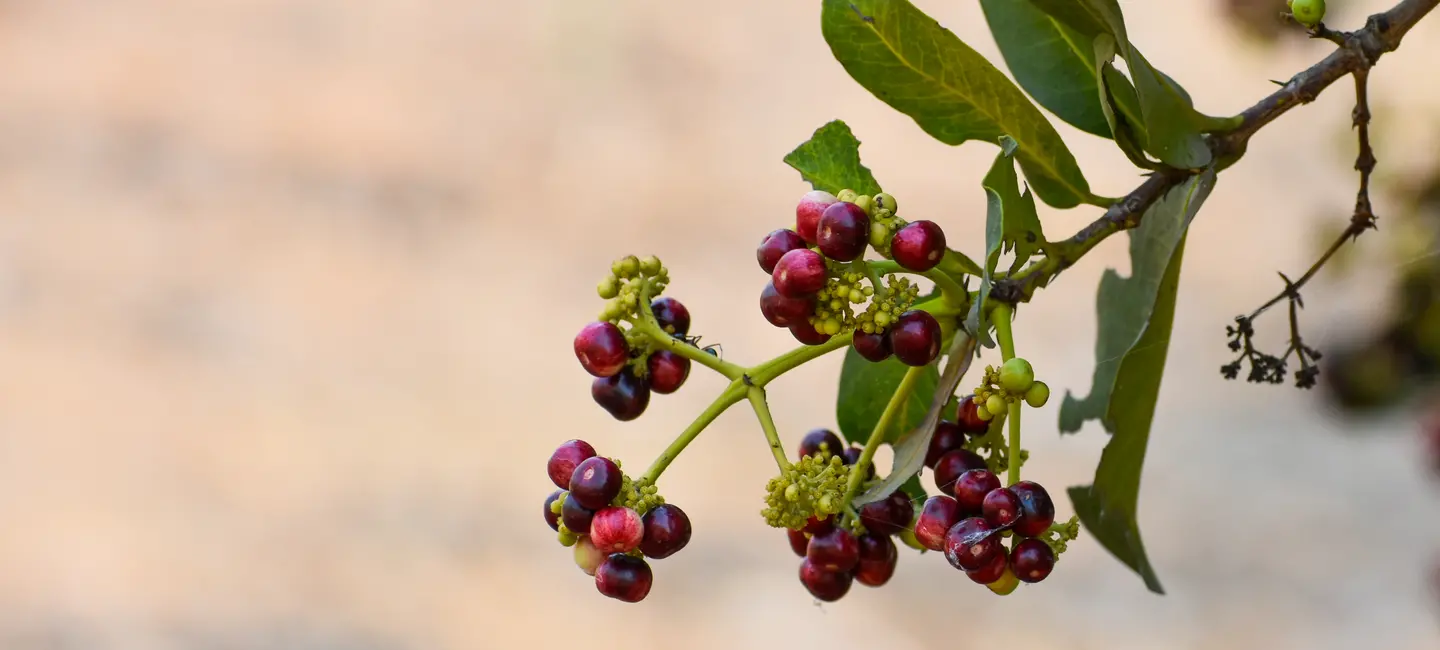
Allspice (Pimenta dioica) is a tree. The unripe berries and leaves are used as a spice. They are also sometimes used as medicine.
Allspice contains a chemical called eugenol, which is thought to have some beneficial effects for pain and infection.
People use allspice for many conditions, but there is no good scientific evidence to support these uses.
Is It Effective?
There is interest in using allspice for a number of purposes, but there isn't enough reliable information to say whether it might be helpful.
Is it Safe?
When taken by mouth: Allspice is commonly used as a flavoring in foods. But there isn't enough reliable information to know if allspice is safe to use in larger amounts as medicine. Also, some people are allergic to allspice.
When applied to the skin: There isn't enough reliable information to know if allspice is safe or what the side effects might be. Some people are allergic to allspice.
Special Precautions & Warnings:
Pregnancy and breast-feeding: Allspice is commonly used as a flavoring in foods. But there isn't enough reliable information to know if allspice is safe to use as a medicine when pregnant or breast-feeding. Stay on the safe side and stick to the amounts found in foods.
Surgery: Allspice might slow blood clotting. There is some concern that it might increase the chance of bleeding during and after surgery. Stop using allspice at least 2 weeks before a scheduled surgery.
Medications that slow blood clotting (Anticoagulant / Antiplatelet drugs)
Interaction Rating=Moderate Be cautious with this combination.
Allspice might slow blood clotting. Taking allspice along with medications that also slow blood clotting might increase the risk of bruising and bleeding.
Herbs and supplements that might slow blood clotting: Allspice might slow blood clotting and increase the risk of bleeding. Taking it with other supplements with similar effects might increase the risk of bleeding in some people. Examples of supplements with this effect include garlic, ginger, ginkgo, nattokinase, and Panax ginseng.
There are no known interactions with foods.
Allspice is commonly used as a flavoring in foods. As medicine, there isn't enough reliable information to know what an appropriate dose of allspice might be. Keep in mind that natural products are not always necessarily safe and dosages can be important. Be sure to follow relevant directions on product labels and consult a healthcare professional before using.
All Spice, Allspice Essential Oil, Aqua Pimentae, Clove Pepper, Eugenia Piment, Eugenia pimenta, Jamaica Pepper, Jamaican Pepper, Piment de la Jamaïque, Pimenta dioica, Pimenta officinalis, Pimento, Pimienta de Jamaica, Poivre Anglais, Poivre Aromatique, Poivre de Jamaïque, Poivre de la Jamaïque, Quatre-Épices, Spanish Pimienta, Toute-Épice, Water of Pimento, West Pimenta Officinalis.
Information on this website is for informational use only and is not intended to replace professional medical advice, diagnosis, or treatment. While evidence-based, it is not guaranteed to be error-free and is not intended to meet any particular user’s needs or requirements or to cover all possible uses, safety concerns, interactions, outcomes, or adverse effects. Always check with your doctor or other medical professional before making healthcare decisions (including taking any medication) and do not delay or disregard seeking medical advice or treatment based on any information displayed on this website.
© TRC Healthcare 2024. All rights reserved. Use and/or distribution is permitted only pursuant to a valid license or other permission from TRC Healthcare.
